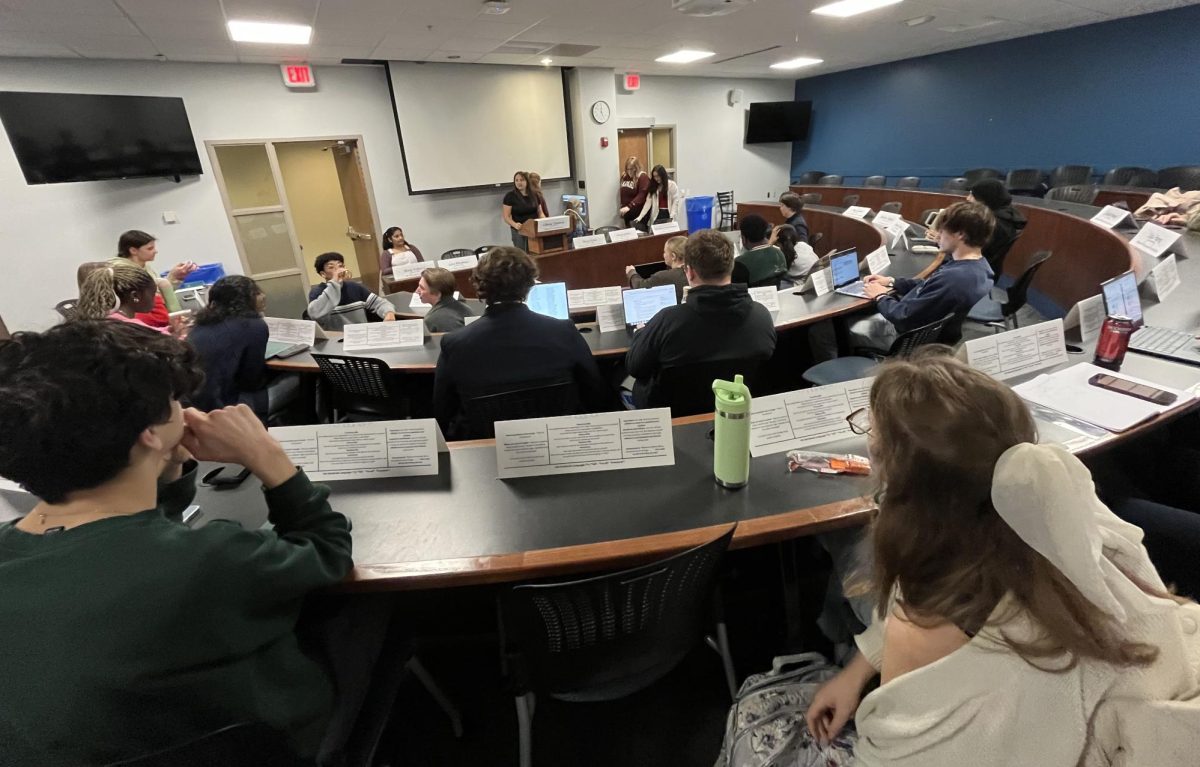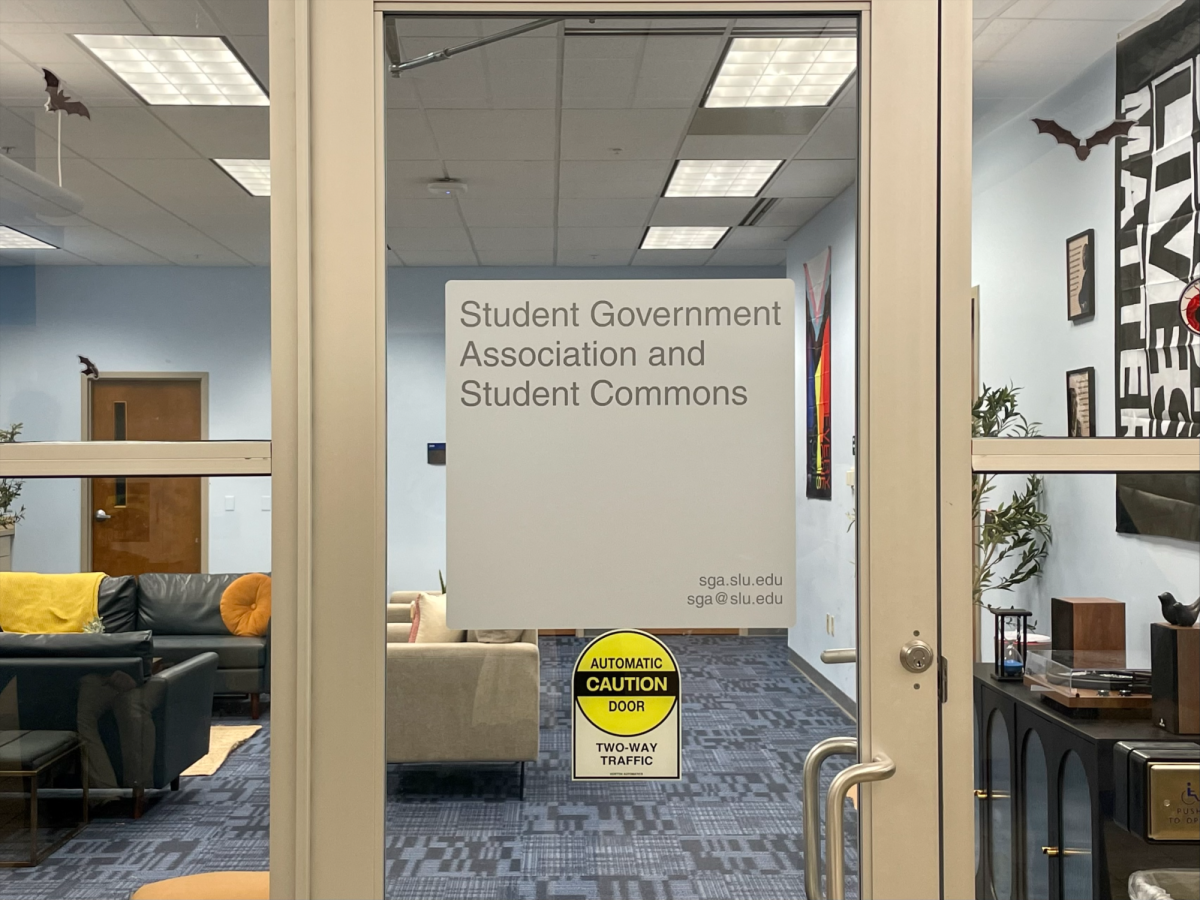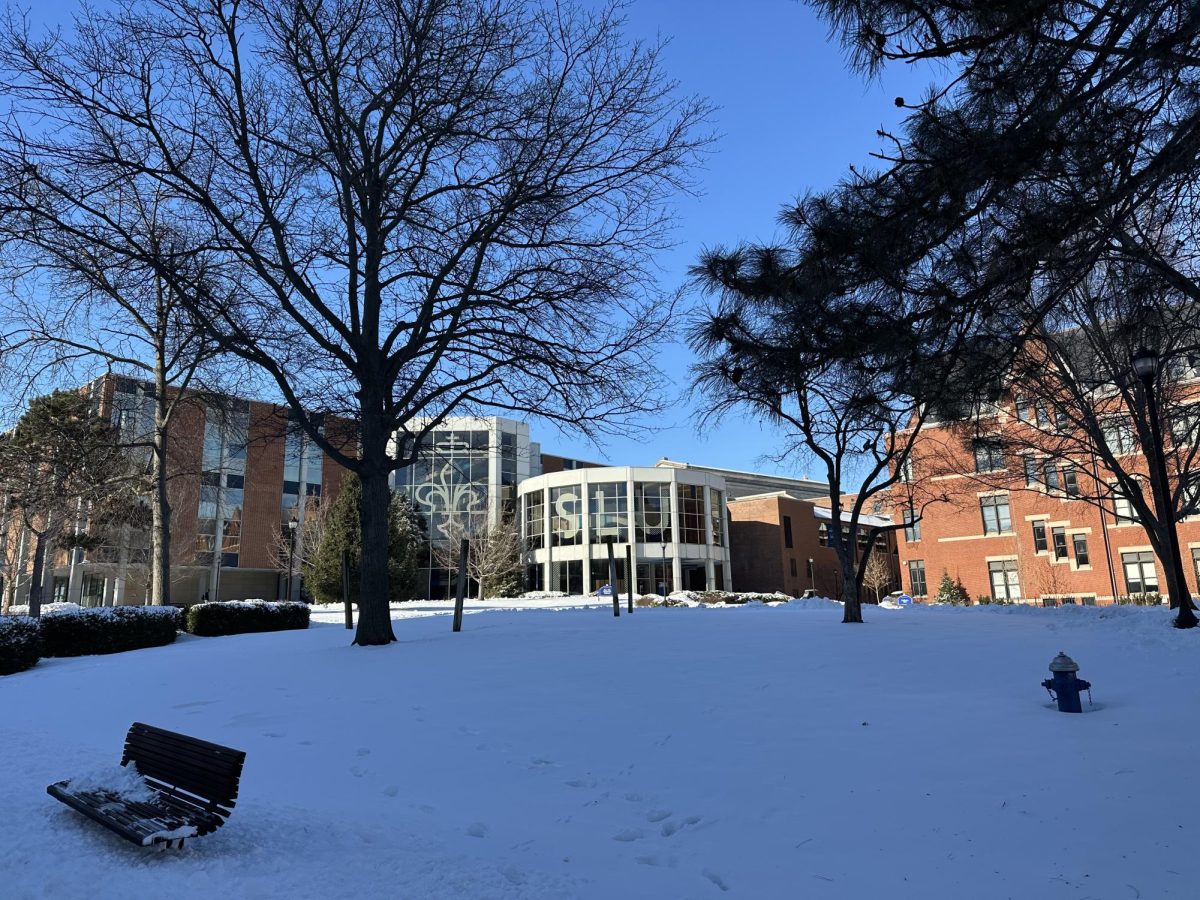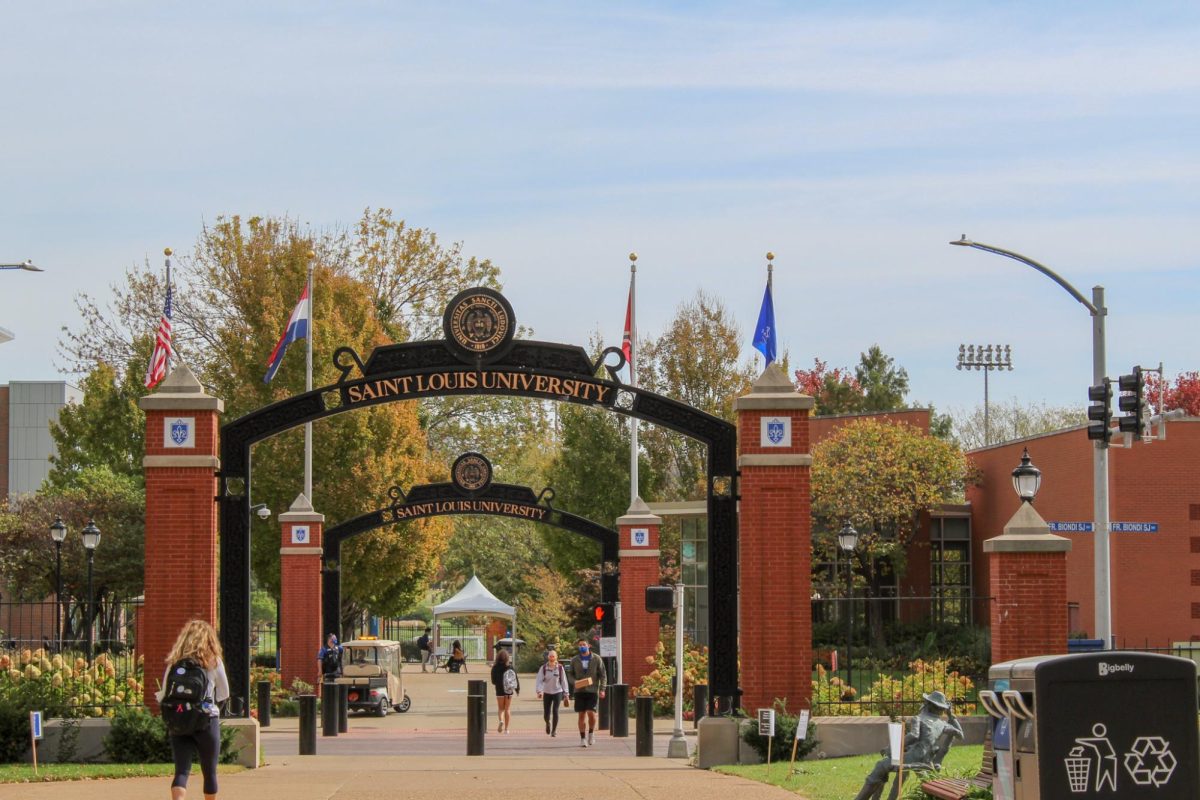As of noon on Sept. 9. Saint Louis University is treating more than 100 suspected cases of the H1N1 virus, also known as “swine flu,” according to Vice President of Student Development Kent Porterfield. Students with flu-like symptoms are investigated with swab tests. So far, 26 students have tested positive at Student Health and Counseling Services.
“We do have a plan and we are following that plan and so far it is working,” Porterfield said.
In accordance with the latest Center for Disease Control and Prevention guidelines, all students that exhibit flu-like symptoms are being isolated from the rest of the SLU community. The University has set up a “recovery center” in the Manresa Center to accommodate students with these flu-like symptoms.
“We aren’t differentiating from those with the symptoms and those who are confirmed as having it,” Porterfield said. “We are helping [students] get healthy and keeping other students from getting the virus.”
Manresa is currently housing 27 students, but this number is changing by the hour due to the amount of students opting to go home and new students entering. Health care professionals are staffing Manresa 24 hours a day to meet the needs of the students. People infected with the virus can infect others from one day before getting sick to five to seven days after getting sick.
The symptoms that the University is asking students to look for include a fever, cough, sore throat, runny or stuffy nose, body aches, headache, chills and fatigue. Students with these symptoms should contact the Student Health Center to receive health care information and prevent the spread of the virus.
“So far we have been able to manage pretty well,” Porterfield said. “We are fortunate to have SLUCare on campus, our Student Health Center staff has done a great job of dealing with this.”
The Health Center is also following up with every student within 48 hours of their first visit for a check up on the illness. Students are highly encouraged refrain from normal activities until they have been fever free for 24 hours without using medications such as Tylenol or Advil.
The H1N1 virus is believed to spread the same way the seasonal flu virus, spreads mainly from person to person through coughing or sneezing. Touching surfaces with the flu virus on it can also lead to infection if the person touches their mouth or nose afterwards.
Symptoms from the virus have ranged from mild to severe. Most infected people have recovered without needing any serious medical treatment, but in other, rarer, cases, deaths and hospitalizations have also occurred due to the virus.
The CDC has analyzed information on the probable cases and the ages of people with the virus and has concluded that the H1N1 virus causes greater disease burden in people younger than 25 years of age.
Students with health needs that aren’t flu-related are being asked to call before showing up at the Student Health Center.
For more information on the H1N1 virus, visit http://www.slu.edu/flu/ or call the information lines between 9 a.m. and 6 p.m. for students at 314-977-7326 and parents at 314-977-2229.








